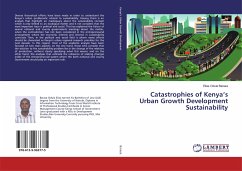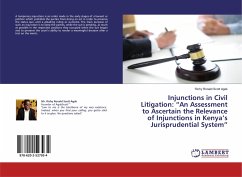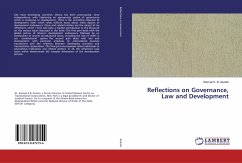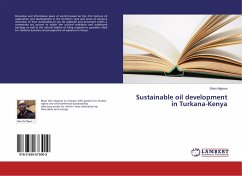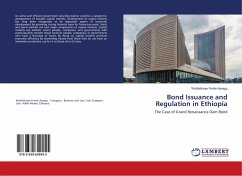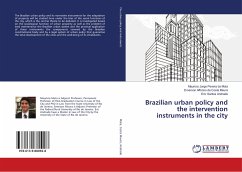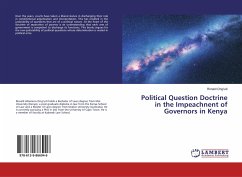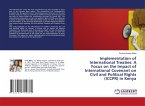Diverse theoretical efforts have been made in order to understand the Kenya's urban problematic related to sustainability. Among them is an analysis that highlight an inadequacy about the sustainability concept which is only limited to an ecological matter and it not considers that the most important issue is political and social. This has explained the failure of several national and county governments meetings about the matter, when the contradiction has not been considered in the entrepreneurial arrangement where the economic interest and interest in sustainability contrasts. Then, in the political and social field is where many efforts should be channeled as Kenya's urban regional research priorities for the next decade. In this regard, most of the academic analysis have been focused on two main aspects: on the one hand, those who consider that the solution to the sustainability problem lies in the change of the relations of production, without clearly specifying what this means; and on the other hand, the analyses that estimate the relevance of making changes inside of the entrepreneurial system where the both national and county Government would play an important role.

